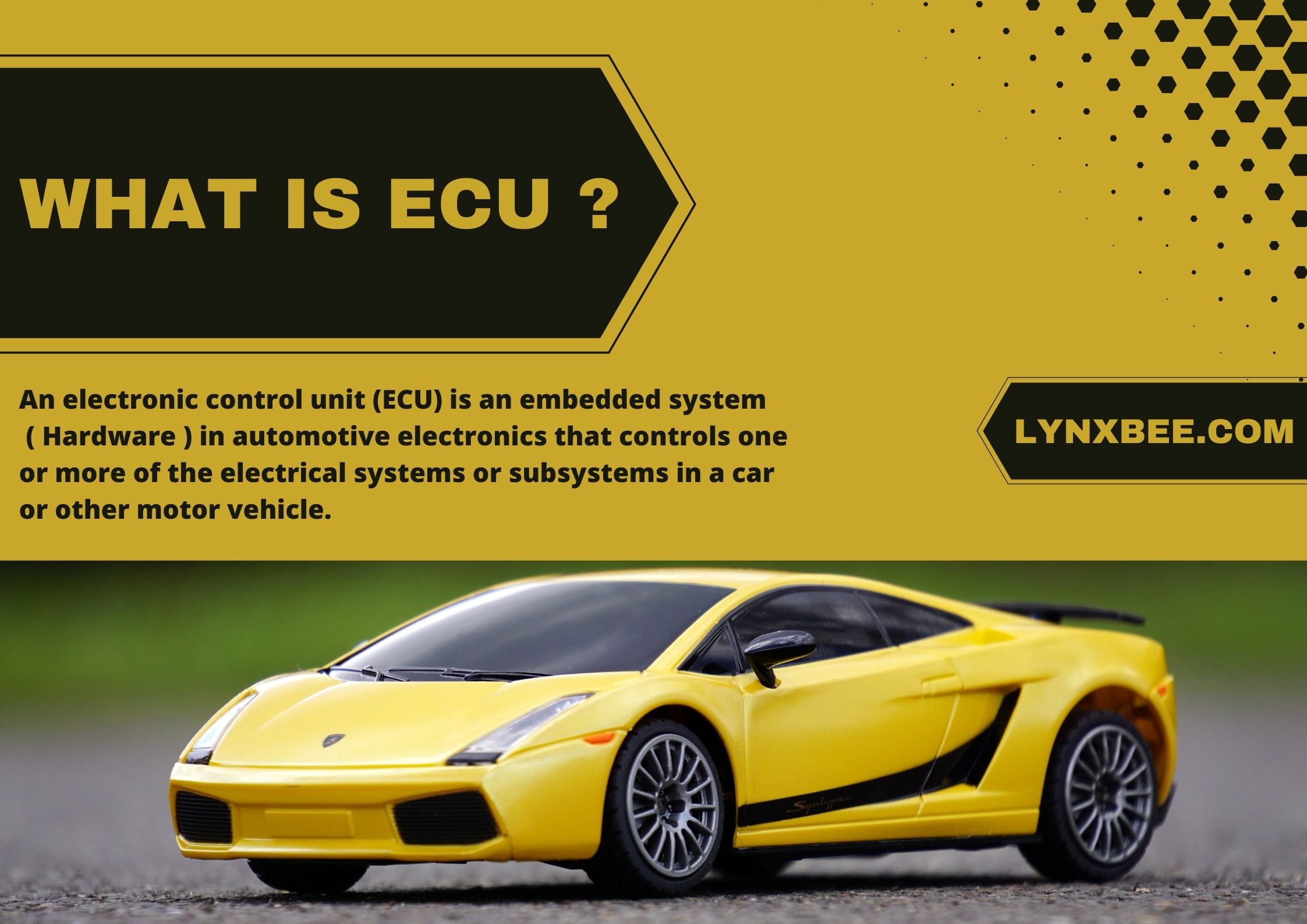In the modern automotive world, Electronic Control Units (ECU) in cars have become an essential component, responsible for ensuring efficient vehicle operation. The ECU acts as the brain of the vehicle, controlling various functions such as engine performance, fuel efficiency, and emissions. Understanding the role of an ECU is crucial for car owners, mechanics, and enthusiasts alike.
How Does an ECU Work in a Car?
The ECU in a car works by receiving data from multiple sensors installed throughout the vehicle. These sensors monitor critical parameters like engine temperature, air-fuel mixture, and throttle position. The ECU processes this data in real time and adjusts different vehicle functions accordingly to optimize performance and efficiency.
An ECU consists of a microprocessor, software, and memory that store and execute the necessary calculations to regulate the vehicle’s operation. By continuously monitoring and adjusting engine functions, the ECU helps achieve optimal fuel economy, reduce emissions, and enhance driving performance.
Functions of an ECU in a Car
The Electronic Control Unit (ECU) performs several key functions that contribute to a vehicle’s overall efficiency and performance. Some of the most important functions include:
- Engine Control: The ECU regulates fuel injection, ignition timing, and air intake to ensure the engine runs smoothly.
- Emission Control: By optimizing the combustion process, the ECU helps reduce harmful emissions and comply with environmental regulations.
- Fuel Efficiency Management: The ECU adjusts fuel injection rates to maximize fuel economy.
- Transmission Control: In automatic vehicles, the ECU manages gear shifts for optimal performance and fuel savings.
- Safety Features: Modern ECUs control airbags, anti-lock braking systems (ABS), and traction control for enhanced safety.
How to Set Up and Diagnose ECU Issues
If you are facing performance issues with your car, the ECU could be a potential culprit. Setting up an ECU typically involves flashing or reprogramming it with the correct software specific to the vehicle model. To diagnose and fix ECU-related issues, follow these steps:
1. Use an OBD-II scanner to check for diagnostic trouble codes (DTCs).
2. Inspect wiring connections to ensure no loose or damaged cables.
3. Reset the ECU by disconnecting the car battery for a few minutes.
4. Update or reprogram the ECU software if necessary.
5. If issues persist, consult a professional mechanic.
Common ECU Problems and Solutions
Like any electronic component, the ECU can experience malfunctions over time. Some common ECU problems include faulty sensors, wiring issues, and software glitches. Here are a few common ECU issues and their solutions:
1. Check Engine Light Stays On: This may indicate a malfunction in the ECU or related components. A diagnostic scan can pinpoint the issue.
2. Poor Fuel Efficiency: If the ECU fails to optimize fuel injection properly, fuel economy may drop. Resetting or updating the ECU software can often resolve this problem.
3. Engine Misfires or Stalling: An ECU that isn’t processing sensor data correctly can cause engine misfires. Checking the sensor connections and resetting the ECU can help.
4. Failure to Start: A damaged ECU may prevent the vehicle from starting, requiring either a replacement or professional repair.
Modern vehicles have many ECUs some of those are as following:
- Engine Control module (ECM)
- Powertrain Control module (PCM)
- Transmission Control Module (TCM)
- Brake Control Module (BCM or EBCM)
- Central Control Module (CCM)
- Central Timing Module (CTM)
- General Electronic Module (GEM)
- Body Control Module (BCM)
- Suspension Control Module (SCM).
The ECU in a car plays a vital role in ensuring smooth operation, fuel efficiency, and safety. Regular maintenance and timely diagnosis of ECU issues can prevent costly repairs and improve vehicle performance. Understanding how the ECU works and addressing potential problems promptly can help you get the best out of your car.
You can watch the very good Video from Vector which describes the basics of ECU.
